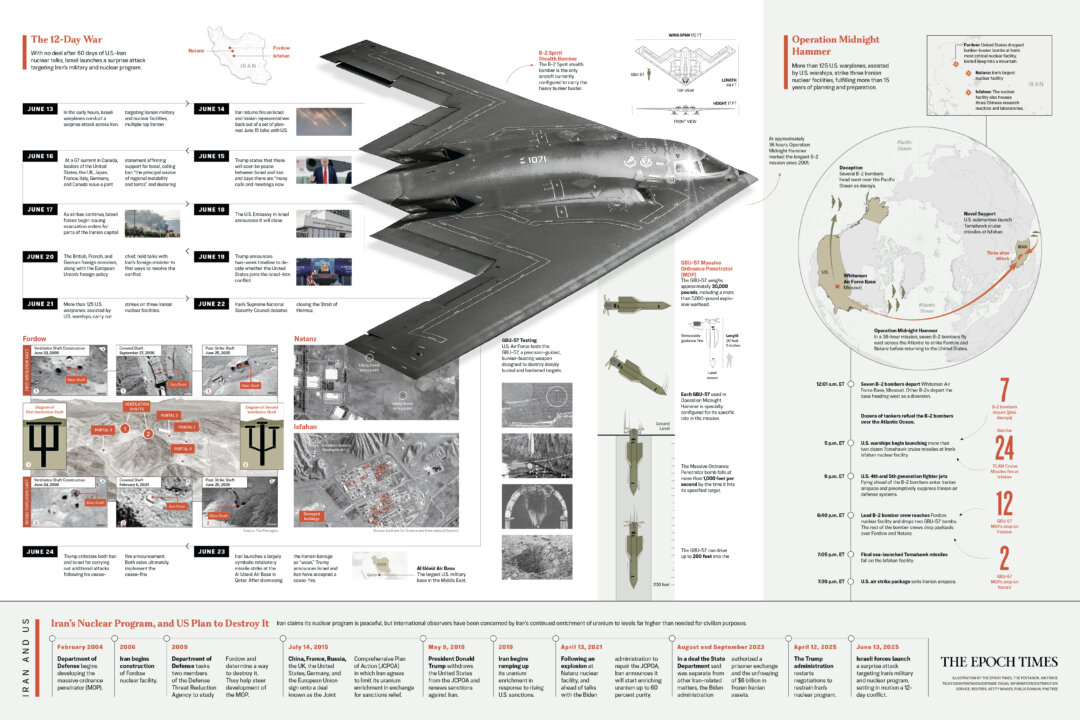A profound and escalating concern grips the landscape of American journalism: the increasingly likely prospect of the Trump administration wielding the archaic Espionage Act against members of the press. Experts and legal scholars widely assert that it is no longer a matter of ‘if,’ but ‘when,’ this rarely invoked and historically controversial law will be weaponized to prosecute journalists for their reporting, signaling a seismic shift in the delicate balance between government and the free media.
Enacted in 1917, the Espionage Act was primarily designed to safeguard national defense information and combat actual espionage. Its subsequent, albeit limited, application to the publication of classified information by news organizations has consistently ignited fierce debates, challenging the very essence of First Amendment protections. The inherent tension lies in distinguishing between genuine threats to national security and the public’s right to know, a distinction crucial for robust investigative journalism and an informed populace.
Historically, the use of the Espionage Act against journalists has been contentious, with past administrations carefully weighing the constitutional implications. While often considered or even threatened, direct prosecutions of journalists for publishing classified material have been exceptionally rare, largely due to concerns over press freedom and the chilling effect such actions could have. However, the legal precedents surrounding the act’s potential deployment against whistleblowers and news organizations illuminate a fraught path, underscoring its broad and potentially perilous scope.
The aggressive stance emanating from Team Trump underscores a growing adversarial dynamic with the media, far beyond typical political rhetoric. This suggests a concerted and alarming effort to control information flow and deter critical reporting, viewing independent journalism as an adversary rather than an essential component of democratic accountability. Such a move would fundamentally redefine the relationship between the state and the fourth estate, setting a new and dangerous precedent for media freedom.
Should the administration pursue such prosecutions, the implications for investigative journalism are dire. It risks chilling the willingness of sources to come forward with vital information and discouraging news organizations from pursuing stories critical to public oversight, particularly those involving classified government activities. This potential restriction on the public’s access to crucial information directly impacts democratic accountability, creating an environment where transparency is suppressed and official narratives become unchallengeable.
The potential invocation of the Espionage Act against journalists represents a direct assault on the fundamental tenets of press freedom in the United States. It raises profound legal and ethical questions about the balance between national security and the public’s right to information, threatening to establish a perilous new norm where the act of reporting classified but newsworthy information could be conflated with espionage, thereby undermining the very democratic principles the First Amendment seeks to protect. The stakes for the future of independent journalism under Donald Trump could not be higher.
Discover more from The Time News
Subscribe to get the latest posts sent to your email.





